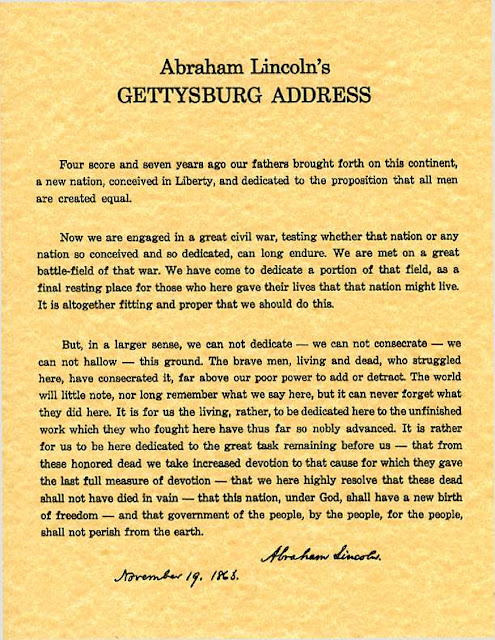Constitution Of The United States
 The Federal Convention convened in the State House (Independence Hall) in Philadelphia on May 14, 1787, to revise the Articles of Confederation. Because the delegations from only two states were at first present, the members adjourned from day to day until a quorum of seven states was obtained on May 25. Through discussion and debate it became clear by mid-June that, rather than amend the existing Articles, the Convention would draft an entirely new frame of government. All through the summer, in closed sessions, the delegates debated, and redrafted the articles of the new Constitution. Among the chief points at issue were how much power to allow the central government, how many representatives in Congress to allow each state, and how these representatives should be elected--directly by the people or by the state legislators. The work of many minds, the Constitution stands as a model of cooperative statesmanship and the art of compromise.
The Federal Convention convened in the State House (Independence Hall) in Philadelphia on May 14, 1787, to revise the Articles of Confederation. Because the delegations from only two states were at first present, the members adjourned from day to day until a quorum of seven states was obtained on May 25. Through discussion and debate it became clear by mid-June that, rather than amend the existing Articles, the Convention would draft an entirely new frame of government. All through the summer, in closed sessions, the delegates debated, and redrafted the articles of the new Constitution. Among the chief points at issue were how much power to allow the central government, how many representatives in Congress to allow each state, and how these representatives should be elected--directly by the people or by the state legislators. The work of many minds, the Constitution stands as a model of cooperative statesmanship and the art of compromise.The power of the Supreme Court has evolved over time, through a series of milestone court cases. One of the Court's most fundamental powers is judicial review–the power to judge the constitutionality of any act or law of the executive or legislative branch. Some of the Framers expected the Supreme Court to take on the role of determining the constitutionality of Congress's laws, but the Constitution did not explicitly assign it to the Court. Marbury v. Madison, the 1803 landmark Supreme Court case, established the power of judicial review. From the modest claim of William Marbury, who sought a low-paying appointment as a District of Columbia Justice of the Peace, emerged a Supreme Court decision that established one of the cornerstones of the American constitutional system.
The constitution is on what we the people have are rights to vote and the freedom to do what you want to start your own bisness. and it is where they wrote the 12 comanments.








